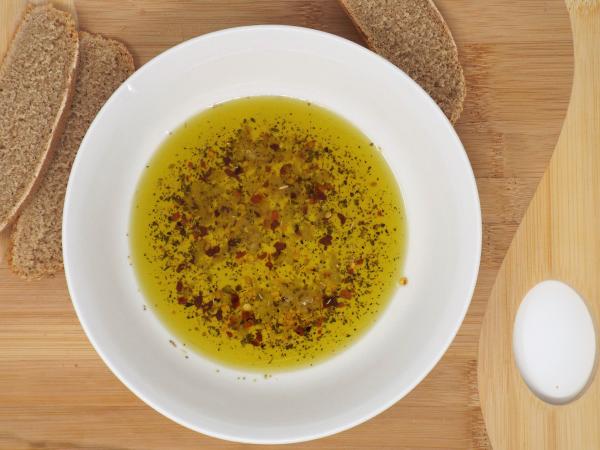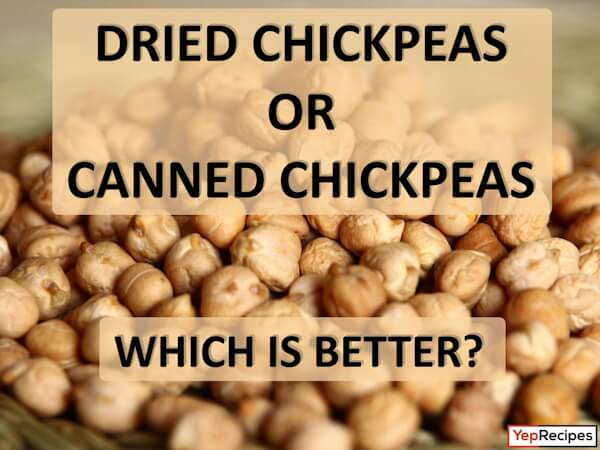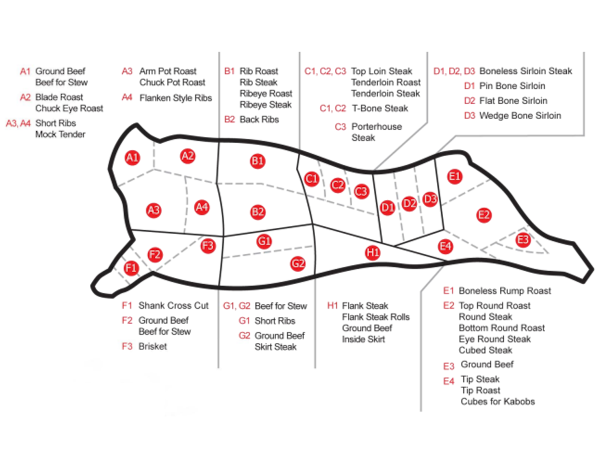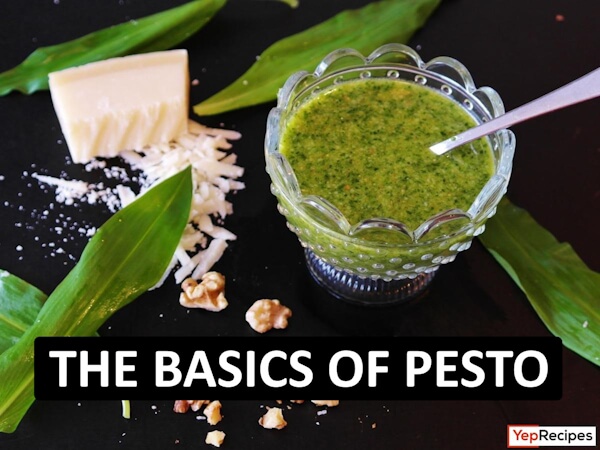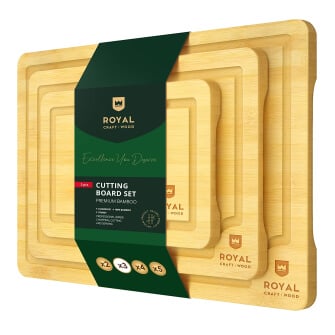An Olive Oil Buying Guide
A guide to different types of olive oil and tips on buying a good olive oil.

Image by Steve Buissinne from Pixabay
A Look at Different Types of Olive Oil
Olive oil is a popular cooking oil that is made from the fruit of the olive tree. It is widely used in Mediterranean cuisine and is becoming increasingly popular in other parts of the world. There are different types of olive oils available, each with its own distinct flavor and usage.Extra Virgin Olive Oil: This is the highest quality of olive oil and is made from cold-pressed olives. It has a strong, robust flavor and is best used for dressings, marinades, dipping sauces, and as a finishing oil. It can also be used in baking and cooking at low temperatures. .
Virgin Olive Oil: This is made by first extracting the oil from the olives and then refining it. Lower quality olive oils are labeled as "virgin" because they start with olive oil that has been extracted, not pressed. It has a milder flavor than extra virgin olive oil and is best used for cooking at higher temperatures or as a finishing oil before adding other flavors or herbs.
Olive Oil Blend: This is a blend of both extra virgin and virgin oils, but may also include some refined oils. It has a balanced flavor and can be used in frying or baking applications like extra virgin olive oil. It is best used in combination with other cooking methods, such as grilling or smoking.
Refined Olive Oil: This is made from the first extraction of virgin or extra virgin oils and then undergoes a chemical reaction that removes some of the natural antioxidants and vitamins naturally contained in the olives. Low quality brands may also use low-grade olives, which can affect taste and quality. It has a mild flavor but should not be used for frying because it has less flavor than pure olive oils.
9 tips on buying a good olive oil.
When it comes to buying a good olive oil, here are a few things to keep in mind:1. Check the label: Look for key information such as the country of origin, variety of olives used, and the date of harvest or expiration. This data will give you an idea about the oil's quality and freshness.
2. Look for extra virgin olive oil: Extra virgin olive oil is considered the highest quality and is extracted from the first pressing of olives without any chemical treatments. It retains more nutrients and has a richer flavor compared to other types.
3. Taste before buying: If possible, sample the olive oil before purchasing. This will help you determine its flavor profile, whether it's mild, medium-bodied, or robust. This allows you to choose one that suits your preference and culinary needs.
4. Consider the color: While color alone is not a definitive indicator of quality, it can give you some insights. A vibrant green color often indicates a fresher oil, while a golden hue suggests a more mature product.
5. Choose a dark bottle: Olive oil is light-sensitive and can deteriorate when exposed to direct sunlight. Opt for oils packaged in dark glass bottles as they help protect the oil from harmful UV rays.
6. Look for certifications: Check if the olive oil has been certified by reputable organizations such as the International Olive Council (IOC) or local associations that ensure quality standards are met.
7. Pay attention to the price: Good quality olive oil tends to be more expensive due to the labor-intensive nature of olive cultivation and extraction. If a deal seems too good to be true, it's worth questioning its authenticity.
8. Trust reputable brands: Stick to well-known brands or those recommended by experts and trusted sources. They often have a reputation for producing high-quality oils backed by rigorous testing and standards.
9. Read reviews: Before making a purchase, read reviews from other consumers or consult olive oil experts. Their experiences and insights can help guide you towards a good product.
Remember, buying a good olive oil involves some research and careful consideration. By following these tips, you'll be well on your way to selecting a high-quality oil that enhances your culinary creations.



